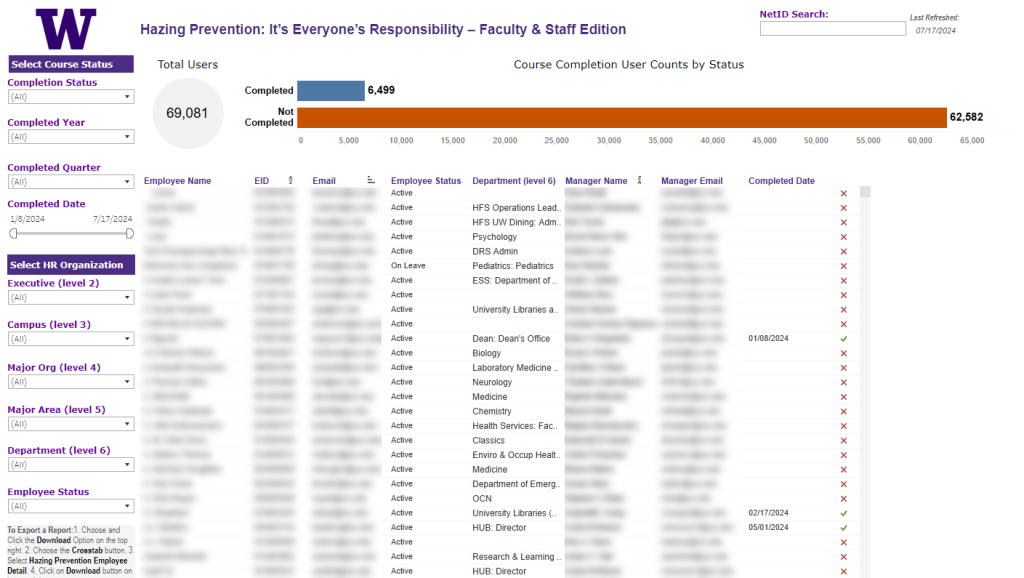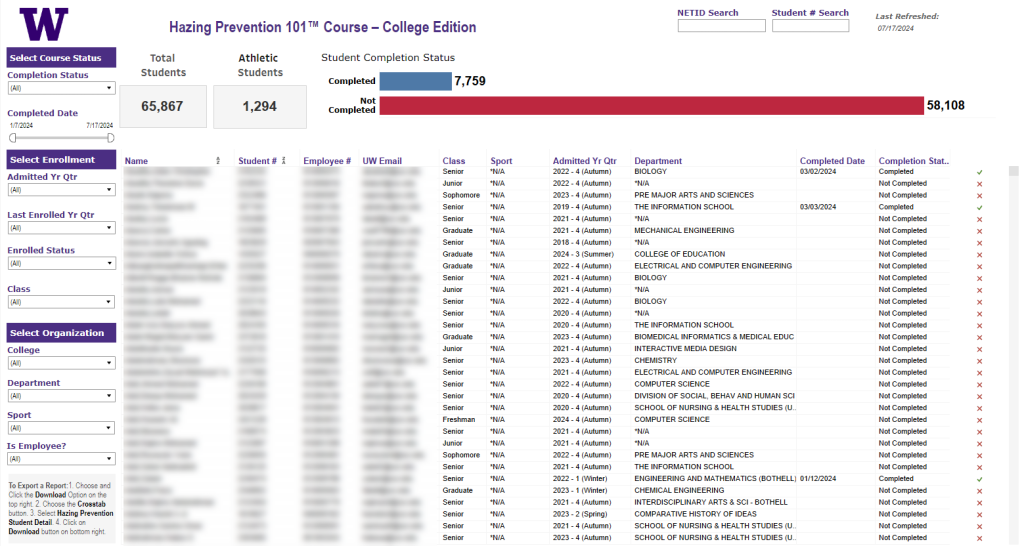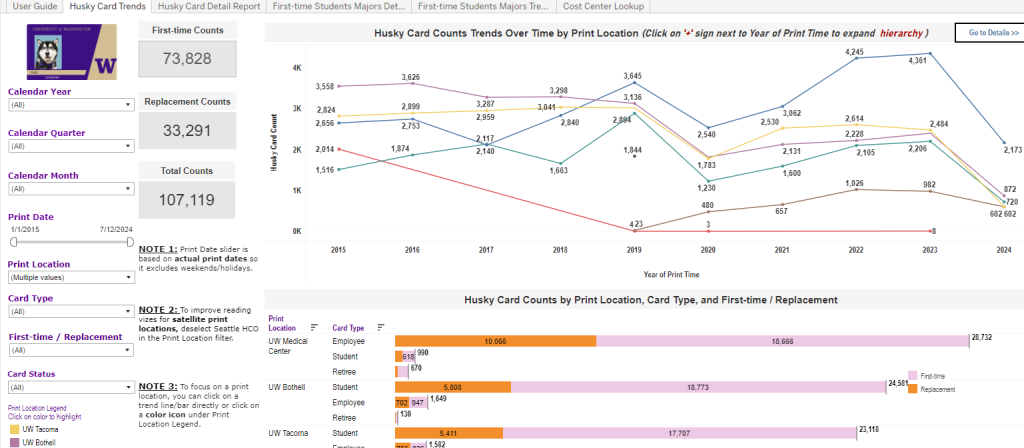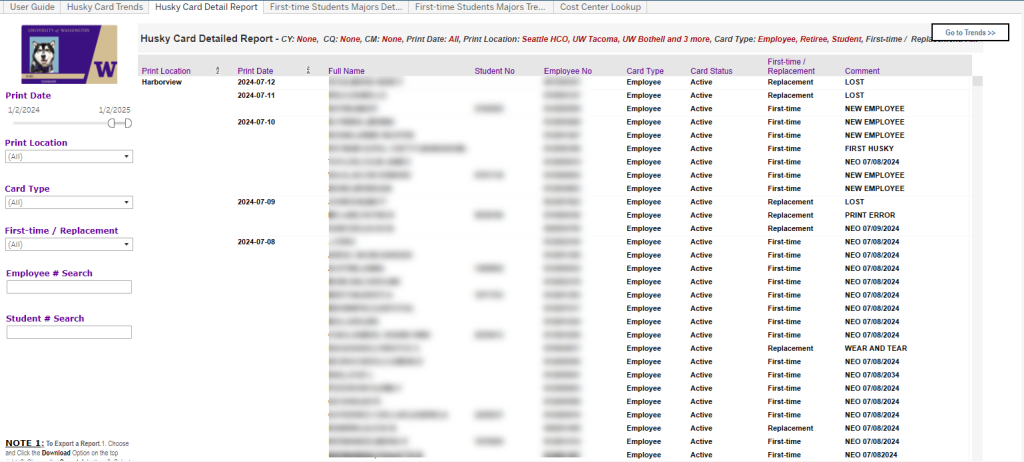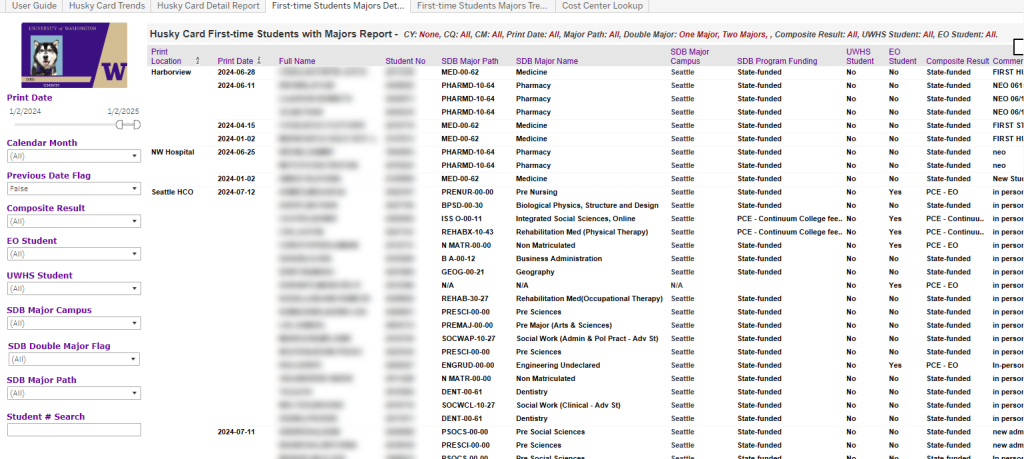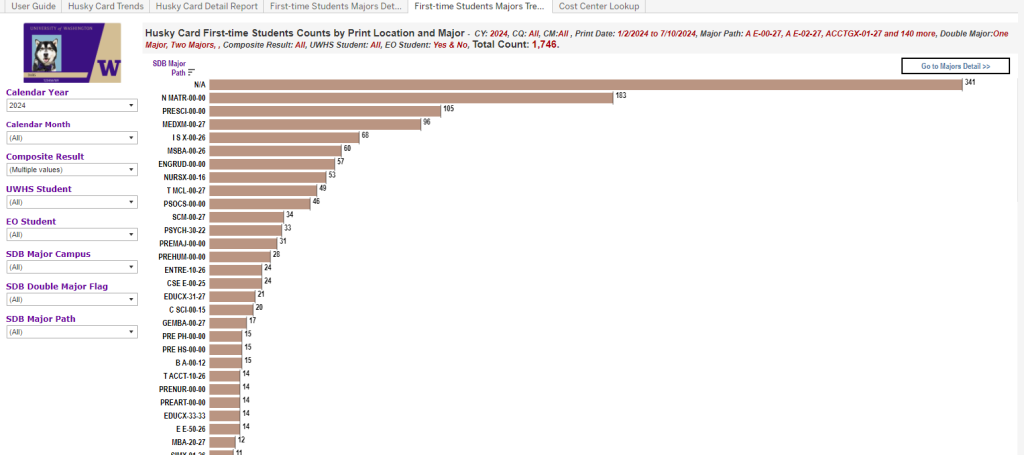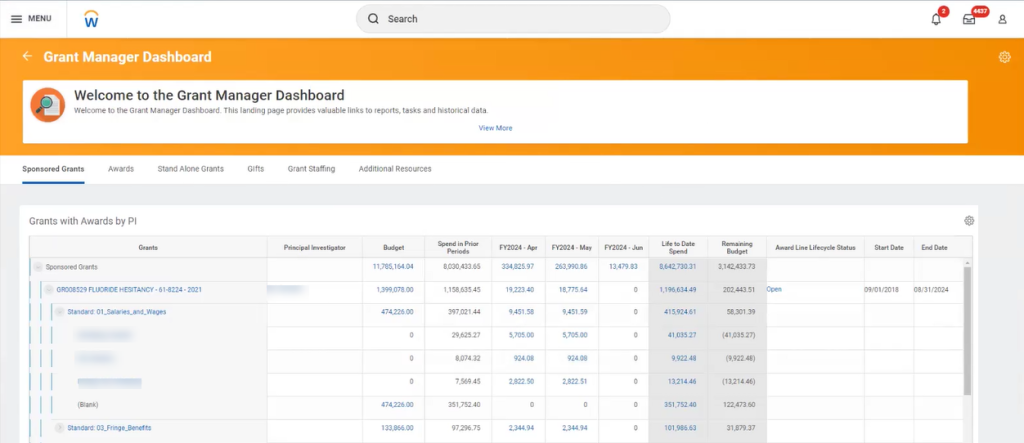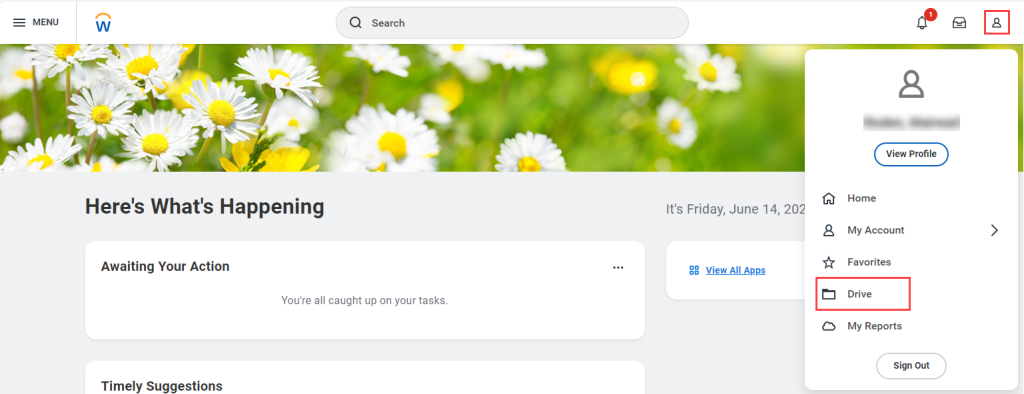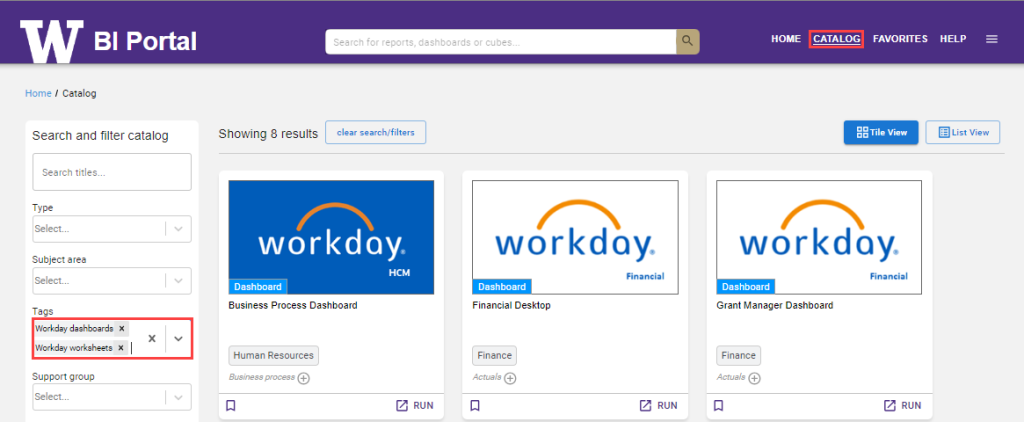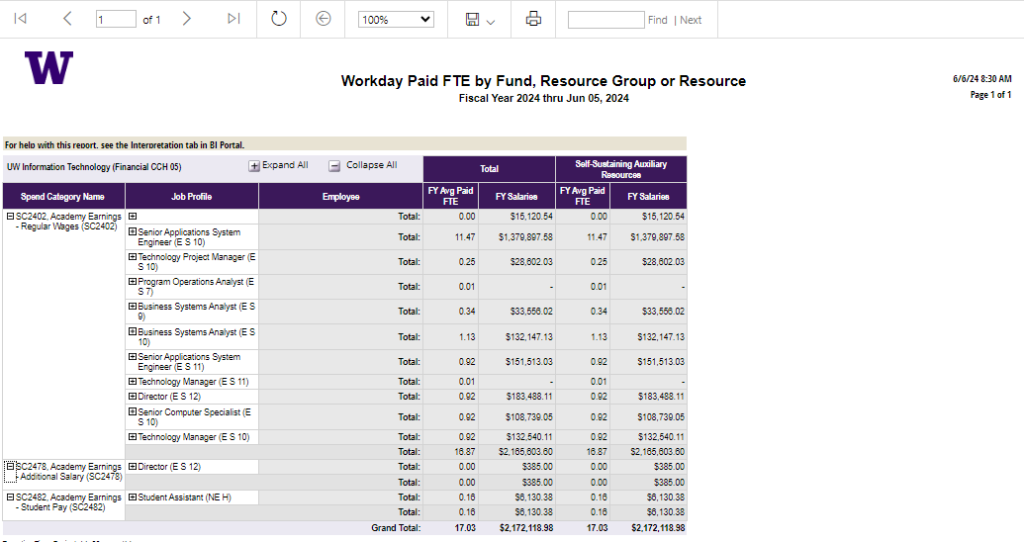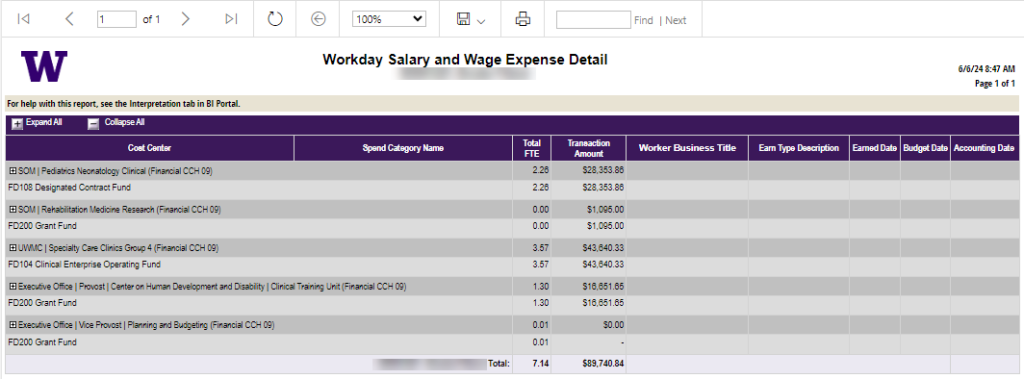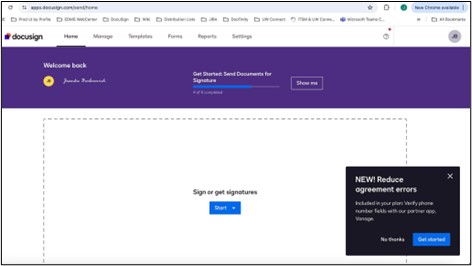Managers of Google Workspace Shared Drives whose drives exceed 100 GB received a version of this reminder message on 8/27/24. The message was customized with a list of the Shared Drives they manage that exceed 100 GB storage. The initial announcement was sent in November 2023.
You are receiving this message because you are a Manager of one or more UW (University of Washington) Google Shared Drives that are over 100GB quota and will be restricted effective 8/27/2024.
Please note: These changes affect only UW Google Shared Drives.
What is happening and when
As was previously communicated, due to changes to UW’s contract with Google, all UW Google Shared Drives (Shared Drives) will be subject to a maximum quota limit of 100GB per shared drive starting on August 27, 2024. Shared Drives that exceed the 100GB quota limit as of that date will be restricted.
When a Shared Drive becomes restricted, users will continue to be able to view, delete, or download content but cannot modify or add files. Restricted Shared Drives are also potentially subject to later deletion, including the permanent removal of all content and files.
- What is a Shared Drive?
- What is a Manager on a Shared Drive?
- What happens when an over-quota Shared Drive is restricted?
What you need to do
UW-IT subsidizes the first 100GB of storage capacity for each Shared Drive. To prevent over-quota Shared Drives from being restricted and possibly deleted, any Manager of a Shared Drive may purchase additional quota capacity. We recommend that you coordinate with any other Shared Drive Managers before making quota changes, to ensure alignment with anticipated usage and funding.
Before August 27, 2024:
- Check the list at the bottom of this message to see which of your UW Google Shared Drives are over quota.
- Review the Shared Drive Service Offering webpage for available quota tiers and annual rates.
- Navigate to the Provisioning Request Tool (PRT) and access the Google Shared Drives tab. For each over-quota Shared Drive listed:
- Review the Shared Drive approximate current quota usage in the Est. Usage column.
- Decide if additional quota capacity is needed and how much additional quota to purchase.
- If additional quota capacity is needed, in the Action column, select the Increase Quota option.
- On the Choose Google Shared Drive Quota form:
- Select the desired quota tier for each over-quota Shared Drive.
- Select timing for the quota increase to take effect (immediately or at Next billing cycle).
- Submit funding information (i.e. company, worktag type, cost center, resource, optional worktags, etc.).
Important Notes:
- Increases or decreases to shared drive requested to occur immediately (versus at next billing cycle) can take up to 24 hours for system processing.
- You may split billing between up to two funding sources for each over-quota shared drive.
Billing for additional Shared Drive quota capacity will be processed annually and will renew automatically each year in November/December. Shared Drive Quota tier rates are subject to change based on yearly reevaluation of changes in cost from Google and service operations.
What to do if you need help
UW Google Changes project is the best resource for more information on project status, milestones and other details.
We recommend that you consult first with your local IT support group, as they are the experts on your data and technology needs. If this is not an option for you, reach out to UW-IT at help@uw.edu.
Thank you for your understanding and support as the University of Washington adjusts to these changes.
UW-IT & UW Google Changes Project Team
